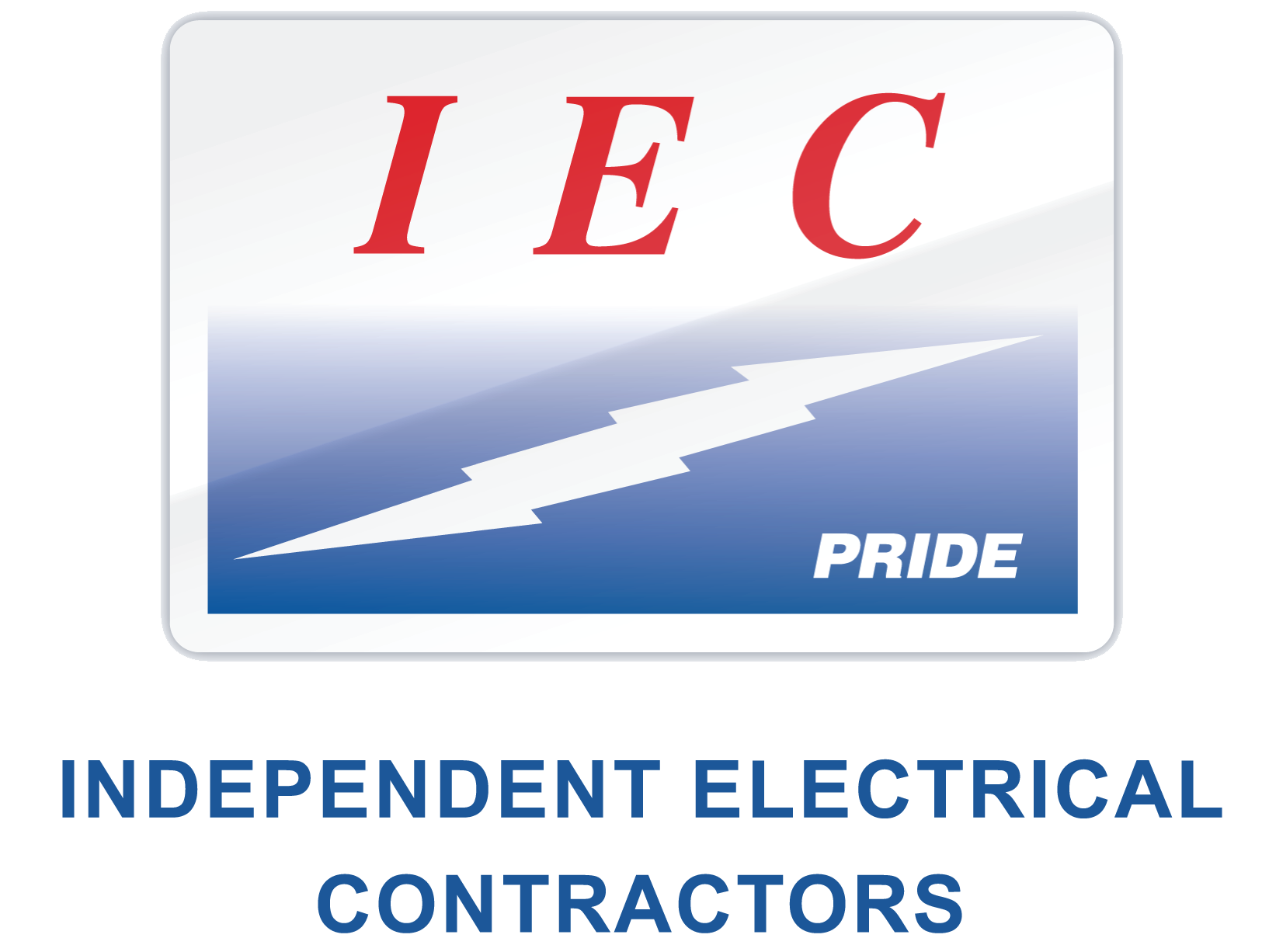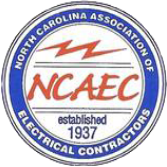
Entertainment and Broadcasting
 Electrical control panels play a crucial role in the Entertainment and Broadcasting Industry, serving as centralized hubs for managing and controlling various electrical systems that support production, broadcasting, and overall operations. These panels are essential for ensuring the seamless functioning of equipment, enhancing safety, and facilitating efficient workflows in the dynamic and fast-paced environment of the entertainment and broadcasting sector.
Electrical control panels play a crucial role in the Entertainment and Broadcasting Industry, serving as centralized hubs for managing and controlling various electrical systems that support production, broadcasting, and overall operations. These panels are essential for ensuring the seamless functioning of equipment, enhancing safety, and facilitating efficient workflows in the dynamic and fast-paced environment of the entertainment and broadcasting sector.
- Power Distribution: One of the primary functions of electrical control panels in this industry is power distribution. These panels manage the distribution of electrical power to different equipment and devices, such as cameras, lights, audio equipment, and servers. This centralized control ensures that power is allocated appropriately to meet the diverse needs of a production or broadcasting setup.
- Equipment Control and Monitoring: Electrical control panels provide a centralized interface for operators to control and monitor various devices and systems. This includes cameras, lighting fixtures, audio consoles, video servers, and other equipment essential for live productions or recorded broadcasts. Operators can use the panels to adjust settings, monitor performance, and troubleshoot issues in real-time.
- Automation and Sequencing: The Entertainment and Broadcasting Industry often requires precise timing and sequencing of equipment for live events, broadcasts, or recordings. Electrical control panels enable automation of complex sequences, ensuring that different elements of a production come together seamlessly. This automation can include the synchronization of lights, cameras, audio cues, and special effects.
- Safety and Emergency Shutdown: In the event of a malfunction or emergency, electrical control panels play a critical role in ensuring the safety of both equipment and personnel. They are equipped with safety features such as circuit breakers, emergency shut-off switches, and fault detection systems. These features help prevent accidents, protect valuable equipment, and allow for quick response to emergencies.
- Integration with Networked Systems: With the increasing reliance on digital technologies, electrical control panels in the Entertainment and Broadcasting Industry often integrate with networked systems. This allows for remote monitoring, control, and diagnostics, making it easier for technical teams to manage equipment across different locations or venues.
- Customization and Scalability: Productions in the entertainment industry vary widely in scale and complexity. Electrical control panels are designed to be customizable to meet the specific needs of different projects. Whether it’s a small live event or a large-scale television production, the panels can be configured and scaled accordingly to accommodate the requirements of the production.
- Compliance with Industry Standards: The Entertainment and Broadcasting Industry adheres to specific technical standards to ensure interoperability and compatibility between different equipment and systems. Electrical control panels are designed and manufactured to comply with these standards, providing a reliable and standardized interface for operators and technicians.
In summary, electrical control panels are indispensable in the Entertainment and Broadcasting Industry, offering centralized control, automation, safety features, and the flexibility needed to support the diverse and dynamic nature of productions in this sector. Their role extends beyond mere electrical distribution, contributing significantly to the efficiency, safety, and success of entertainment and broadcasting endeavors.
Our Industries
- Agricultural Industry
- Automotive Manufacturing
- Chemical Laboratories
- Chemical Processing Industry
- Data Centers
- Educational Institutions
- Entertainment and Broadcasting Industry
- Food and Beverage Processing Industry
- Manufacturing Industry
- Medical Equipment Manufacturing Industry
- Mining and Minerals Processing Industry
- Oil and Gas Industry
- Pharmaceutical Manufacturing Industry
- Pulp and Paper Manufacturing Industry
- Rail Transportation Industry
- Renewable Energy Industry
- Research Laboratories
- Telecommunications Industry
- Textile Industry
- Transportation Industry
- Water and Wastewater Treatment
- Controls Services MAIN PAGE >












